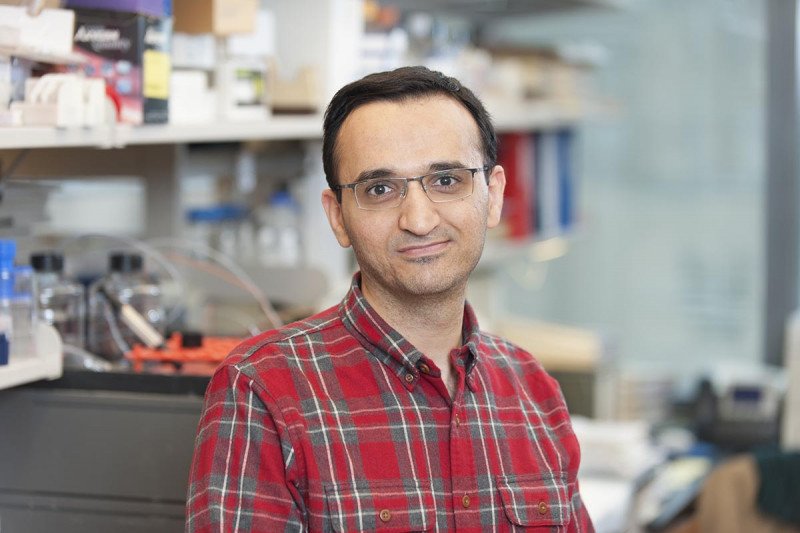
According to the World Health Organization statistics, cancer is the second leading cause of death worldwide, and is responsible for 9.6 million deaths in 2018. Tremendous amount of work has been done and is ongoing to treat cancer but unfortunately many patients succumb to this disease. Immune system plays a pivotal role in preventing the outgrowth of cells that exit their normal cell cycle and initiate neoplastic growth. However, cancer cells exploit various mechanisms to weaken the immune cells and escape detection. Stimulation of the immune system and redirection of the immune cells against cancer is the focus of cancer immunotherapy, a very promising field that was nominated as the breakthrough of the year 2013. Redirection of immune cells against tumor associated antigens (TAA) could be achieved by integrating the genes of anti-cancer receptors (Chimeric Antigen Receptor or CAR) into immune cells such as T-cells. Alternatively, the link between T cells and tumor cells could be made by using bispecific antibodies (BsAb), proteins that bind via one end to T cells and via the other end to tumor associated antigens (TAA) expressed on cancer cells.
Our lab has generated BsAbs and CARs against GD2, an antigen expressed on various solid tumors including neuroblastoma and melanoma. In an in vivo model of melanoma, we showed that the BsAb outperformed CAR T-cells to shrink established cancer in mice. The success of GD2 BsAbs prompted us to design new constructs against other cancers. One successful example is a BsAb binding to CD33, a protein expressed on acute myeloid leukemia (AML) that is responsible for more than 50% of the childhood leukemia-associated deaths. In vitro, low concentration of the BsAb was able to lyse several AML cells lines. In animal models, this T-cell engaging BsAb reduced the burden or cured various medullary or extramedullary leukemia.
Currently, we are expanding the BsAbs against other TAA with preclinical projects focusing on both pediatric and adult hematologic and solid cancers.